“Home Video feels like it’s for me”: Lucy Dacus on why she’s channelling Slayer and making an album for herself
The indie-rock songwriter on breaking down silos and letting her creative muse take her wherever she pleases on new album, Home Video, and who’s really the best guitar player in Boygenius.

Image: Ebru Yildiz
“Genres are boring,” declares Lucy Dacus, reflecting on the unconstrained creative spirit that informs her third and most tonally eclectic album, Home Video. “This time around, I was like ‘you know what, let’s have the best sound for what needs to be done’. I feel it’s more complete, it’s not trying to fit within any genre.”
By way of example, Dacus has been talking Guitar.com through the session in which she encouraged her band to “internalise the idea of Slayer and then just play” on a song about summer bible school. VBS is an otherwise gently reflective acoustic tale in which a “preacher in a T-shirt” teaches a young Dacus how to “build a fire and spread the word”. But the air of bucolic innocence is punctured by 10 seconds of blisteringly distorted powerchord ferocity.
Inside Nashville’s Trace Horse Studio, where 2018’s Historian was also recorded, Dacus and long-time guitar sidekick Jacob Blizard cranked every drive pedal they had to hand – among them a KTR Klon, Walrus Iron Horse, Electronic Audio Experiments Longsword and an EarthQuaker Devices Spires – in an attempt to summon “the stupidest, loudest thing we can think of all at once,” recalls Dacus, laughing at the memory. The Slayer tribute very nearly went further, too, with an original artefact from the thrash legends’ seminal Reign In Blood album finding its way into Shawn Everett’s mix, only to be removed at the last minute.
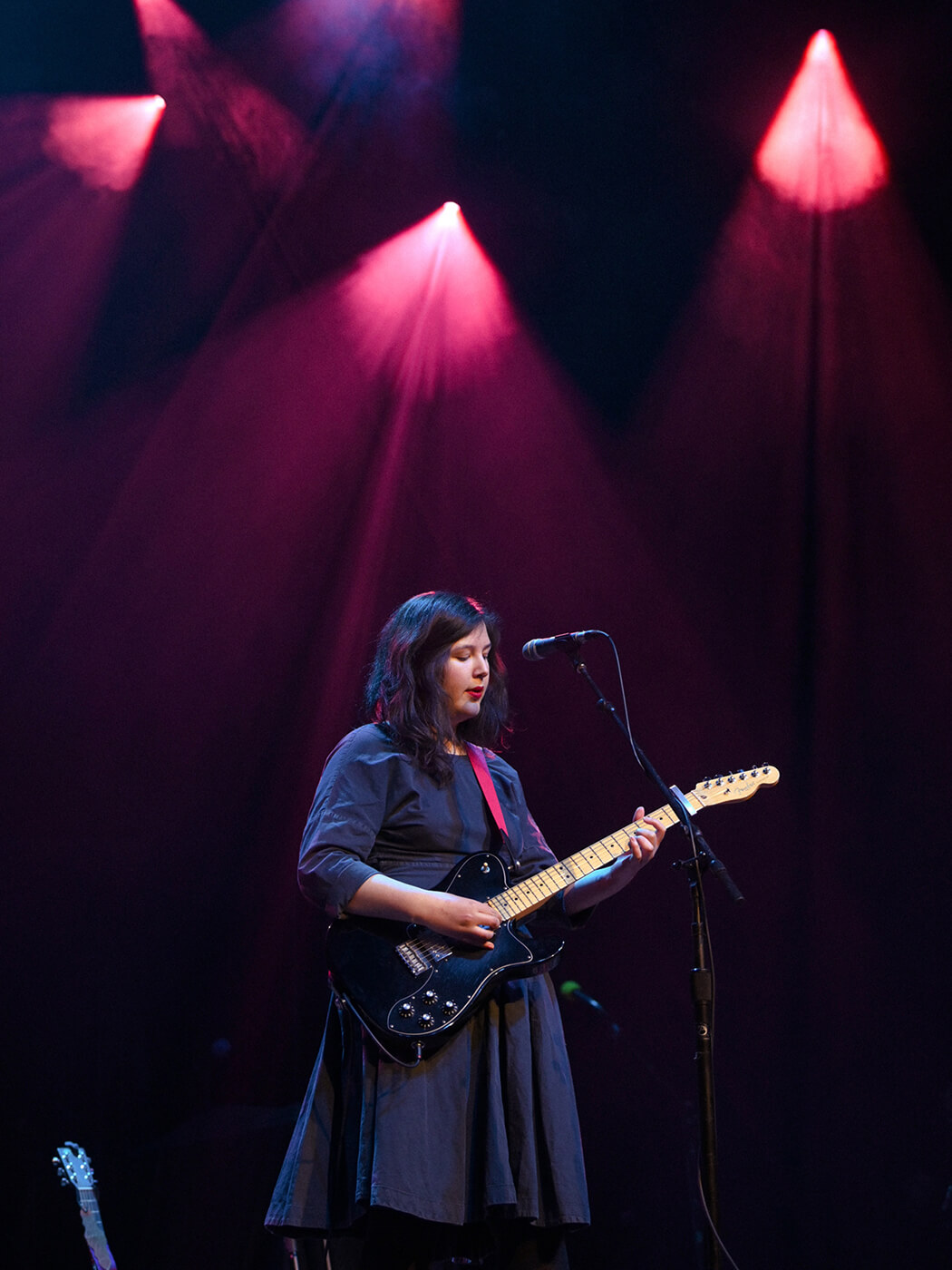
“He had the original stems from Angel Of Death and he’d put the cymbal from the actual song into the mix,” recalls Dacus. “It was like, ‘Dang, that’s so cool… but it doesn’t sound right’, so we cut it. It should be documented that he went there, though, he gets extra points for that.”
Moments of contrast such as this are plentiful on Home Video, recorded by Dacus, Oberlin Conservatory Of Music graduate Blizard, drummer Jake Finch and producer Collin Pastore in August 2019. The album is also the most personal Dacus has written, a series of fiercely honest short autobiographical films capturing the old flames, broken promises and faltering friendships of her formative years in Richmond, Virginia. On Partner In Crime, her surprisingly Auto-Tuned vocal anchored by an almost hip-hop beat, Dacus plunges fearlessly into memories of a toxic relationship, intoning gravely “my heart’s on my sleeve, it’s embarrassing, the pulpy thing beating”. Elsewhere, her voice is icy and calm on the devastating Thumbs as she imagines murdering a teenage friend’s awful father, pressing against his irises “until they burst”.
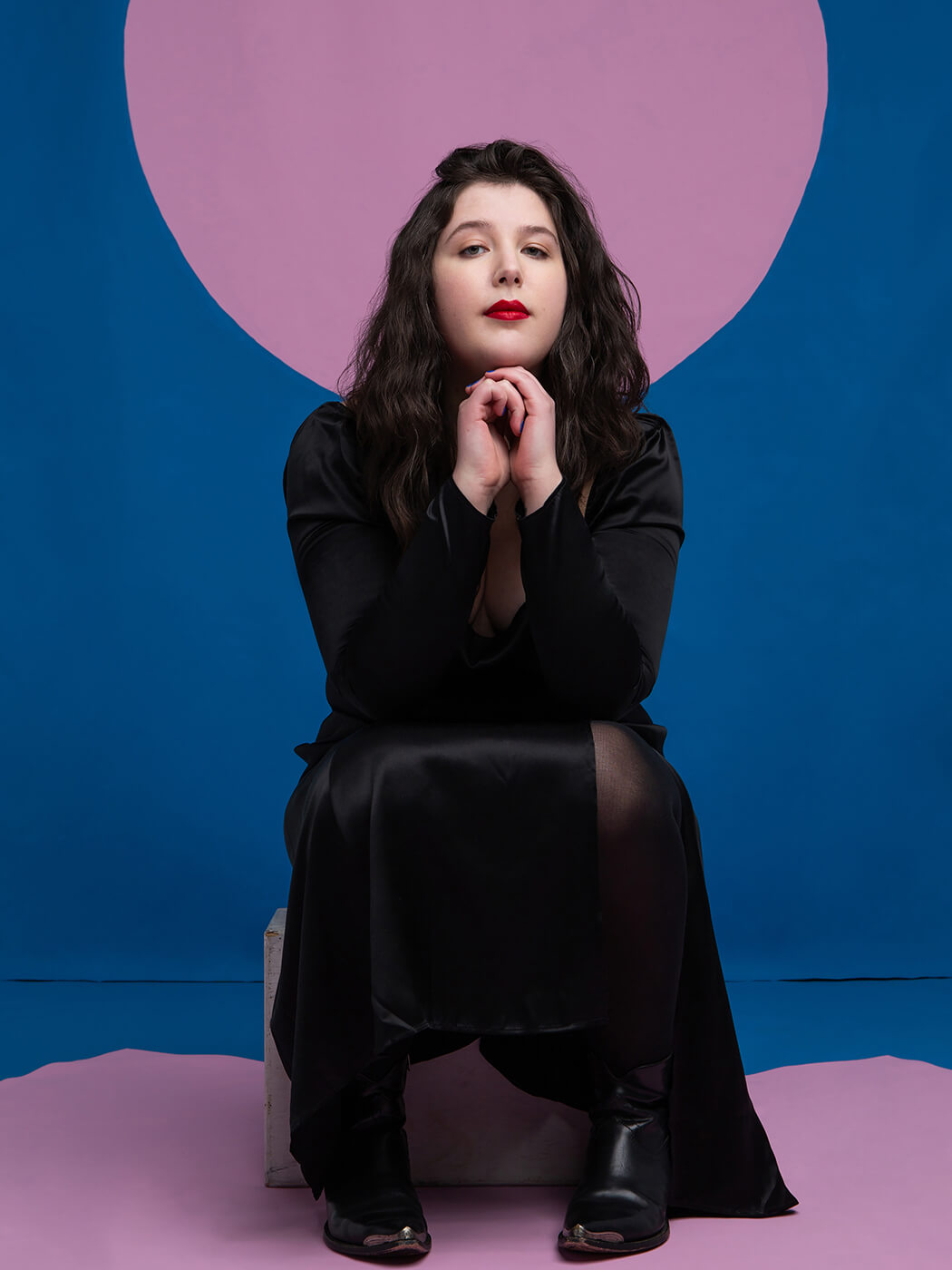
Musically, the picture is fuller and more detailed than on 2016 debut No Burden or Historian. Driving opener Hot & Heavy comes from the same widescreen classic-rock ballpark as The War On Drugs’ A Deeper Understanding album, engineered by Everett; First Time zips along with a propulsive energy, swirling synths and some delectable slide guitar; Cartwheel is a spellbinding collision of intertwining fingerpicked acoustics and moody atmospherics. An eminently diverse set culminates with Triple Dog Dare, a yearning slow burner detailing queer love forbidden by religion, that rises to a scorching post-rock denouement. The album’s guitar work is of many shades, matched by Dacus’ consummate ability to shape nakedly personal memories into universal sentiments.
“I had to give in,” says Dacus of the encouragement from her bandmates to venture into uncharted stylistic territories. “We made No Burden and Historian together, and they’ve always been ‘let’s just do whatever’s best for the songs’, but I had these hang-ups about pianos, synths and acoustic guitars. I don’t want people to think we’re just an Americana band.
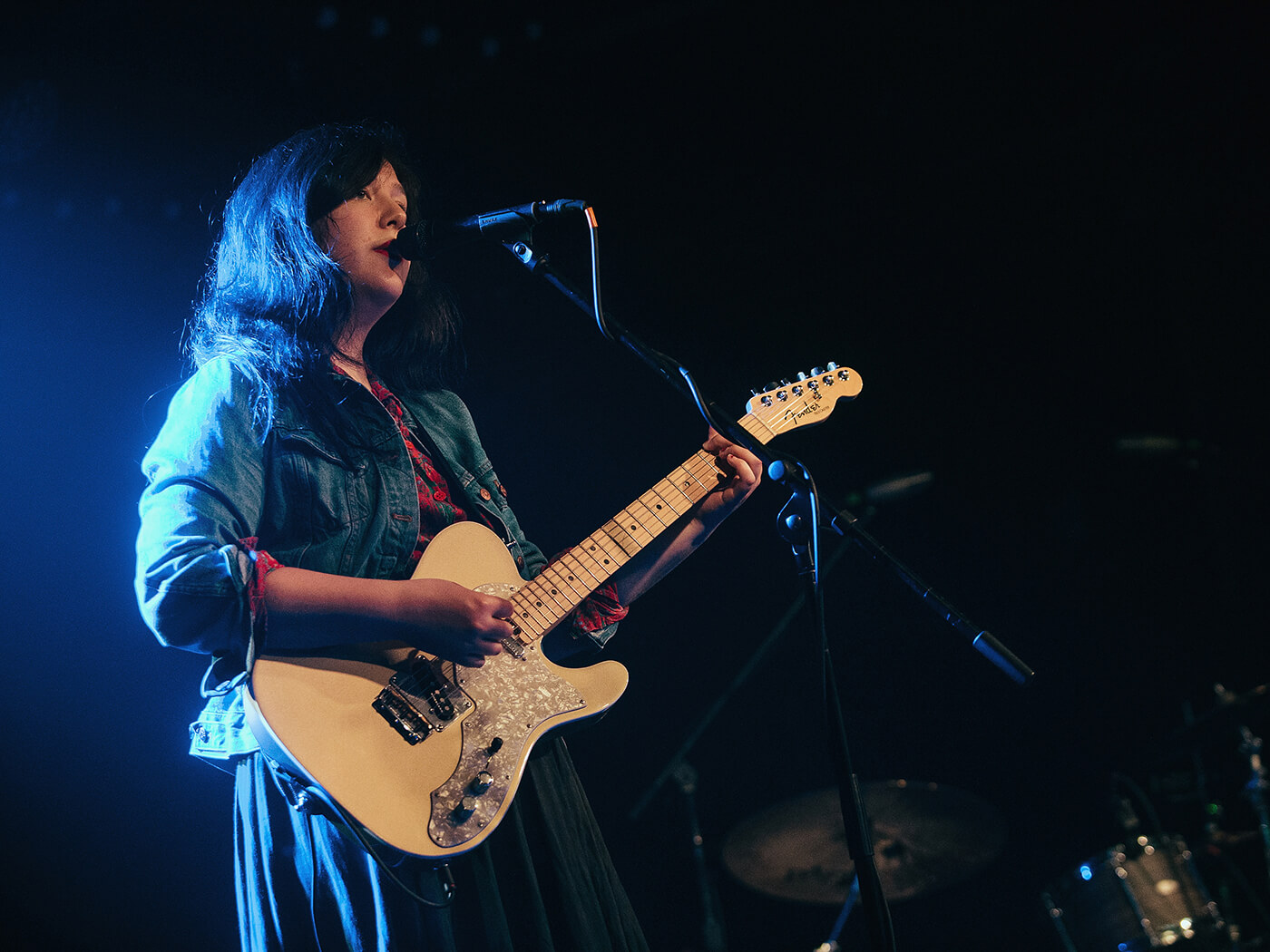
“There are many more acoustics, we used a 12-string a lot, hi-string, a baritone, classical guitar, we just allowed ourselves more options. On the first record, I didn’t know anything about recording, I’d never played with a band. Historian, I knew what I wanted – big distortion and high contrast between quiet and loud. This album, I wanted to be really washy and nostalgic, but not tied to any particular decade.”
That sense of nostalgia permeates every sun-bleached, retrospective corner of Home Video, a record that was both cathartic and agonising for Dacus to make. “It was a hard switch when I started releasing music, my identity went from being a personal project to something publicly observed,” she begins. “I just needed to have a sense of who I was because once I started to do music my identity was a little less clear to me. Journalists were making narratives out of my life and even at home on the sidewalk people would come up with their own idea of who I am, so I just retreated to the past to figure out what matters to me, who I’ve been this whole time.”
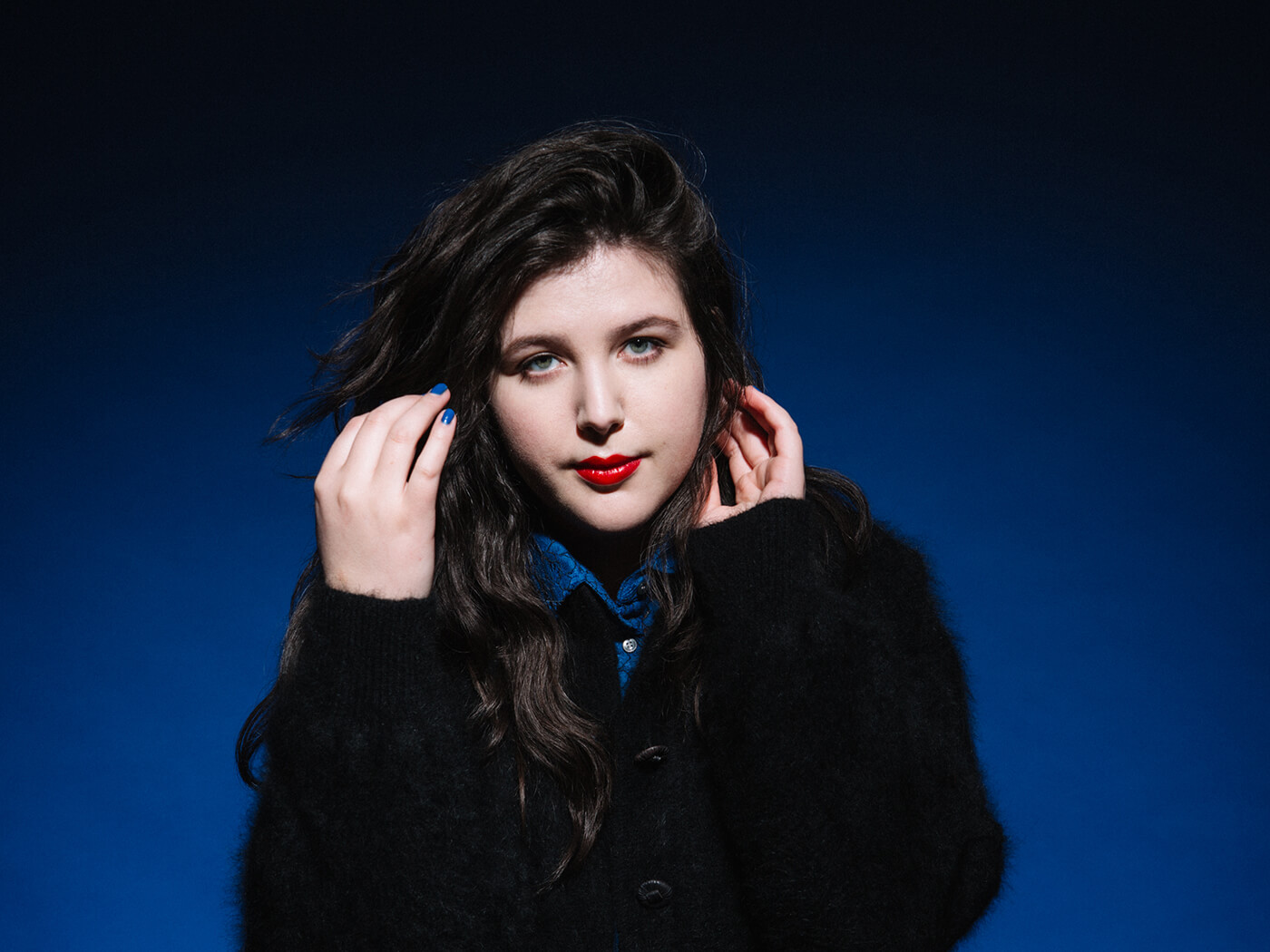
Last time we caught up with Dacus, in May 2019 ahead of the release of her series of holiday-themed EPs, she spoke of a refusal to “pledge allegiance” to any guitar brand, and Home Video sees her and Blizard largely abiding by that manifesto – although a pair of Telecasters feature prominently. Dacus leaned heavily on her dual-humbucker American Pro, alongside cameos from the Gretsch White Falcon she’s sold to the Nashville studio and a 1967 Gibson SG Special belonging to engineer Scotty Prudhoe. Blizard favoured his American Elite Tele, as well a 60s Gibson acoustic and a Jerry Jones baritone.
“I played my Tele on maybe half of the electric parts,” he says. “It was always very spur of the moment – ‘the Tele’s not working, let’s grab something else’. We’d try three or four different things and pick what works best. We used a few offset Fenders, a 335… but it really is mostly Telecasters.”
Recording in a space designed by Dave Mattingly, the man behind Dan Auerbach’s Easy Eye Sound and Jack White’s Third Man Detroit, with a Neve 8014 console once owned by Billy Corgan taking pride of place, Dacus and Blizard were inspired to conjure fresh sounds from recently reshaped pedalboards. “The whole time we’ve been touring, I’ve accumulated more and more pedals. At one time, I was using the biggest Pedaltrain, with 15 or 20 pedals on it…” begins Blizard, before being interrupted by Dacus declaring “His board was egregious!”
While Blizard has added Strymon’s TimeLine, BigSky and Mobius units to his line-up, the previously minimalist Dacus is fast catching up. “I’ve got a KTR Klon, which is on almost all the time, an Xotic SP compressor, the Keeley Caverns, the Iron Horse for big distortion, the Longsword, and the Walrus Julia chorus… I have the most pedals I’ve ever had. On No Burden, I just had a tuner.”
The majority of the electric guitar parts were recorded through Blizard’s ’69 Fender Vibro Champ and ’71 Princeton Reverb, but on Partner In Crime Dacus suggested recording directly – with the solo captured using an unorthodox four-handed technique.
“Jacob was so mad I made him play DI,” she says, dissolving into laughter. “He hated every second of it, he wouldn’t make eye contact or talk to me. The solo, I kind of knew what I wanted and Jacob wasn’t totally getting there, so I said ‘I’ll play the fretboard and you do the strings’, a two-man guitar part.”
The lack of preciousness from either player and the trust between them is reflected in an easy dynamic that made recording Home Video a joyous experience. Dacus has a benchmark for her sessions: “If I can dance, it’s working, if I can’t we have to change something. There was definitely more dancing than ever. Only three times in making a record do we disagree and we’ll talk it out for 30 minutes. Those are moments we remember because I’ll cry or something. It’s underrated how easy it is to get parts we all really love.
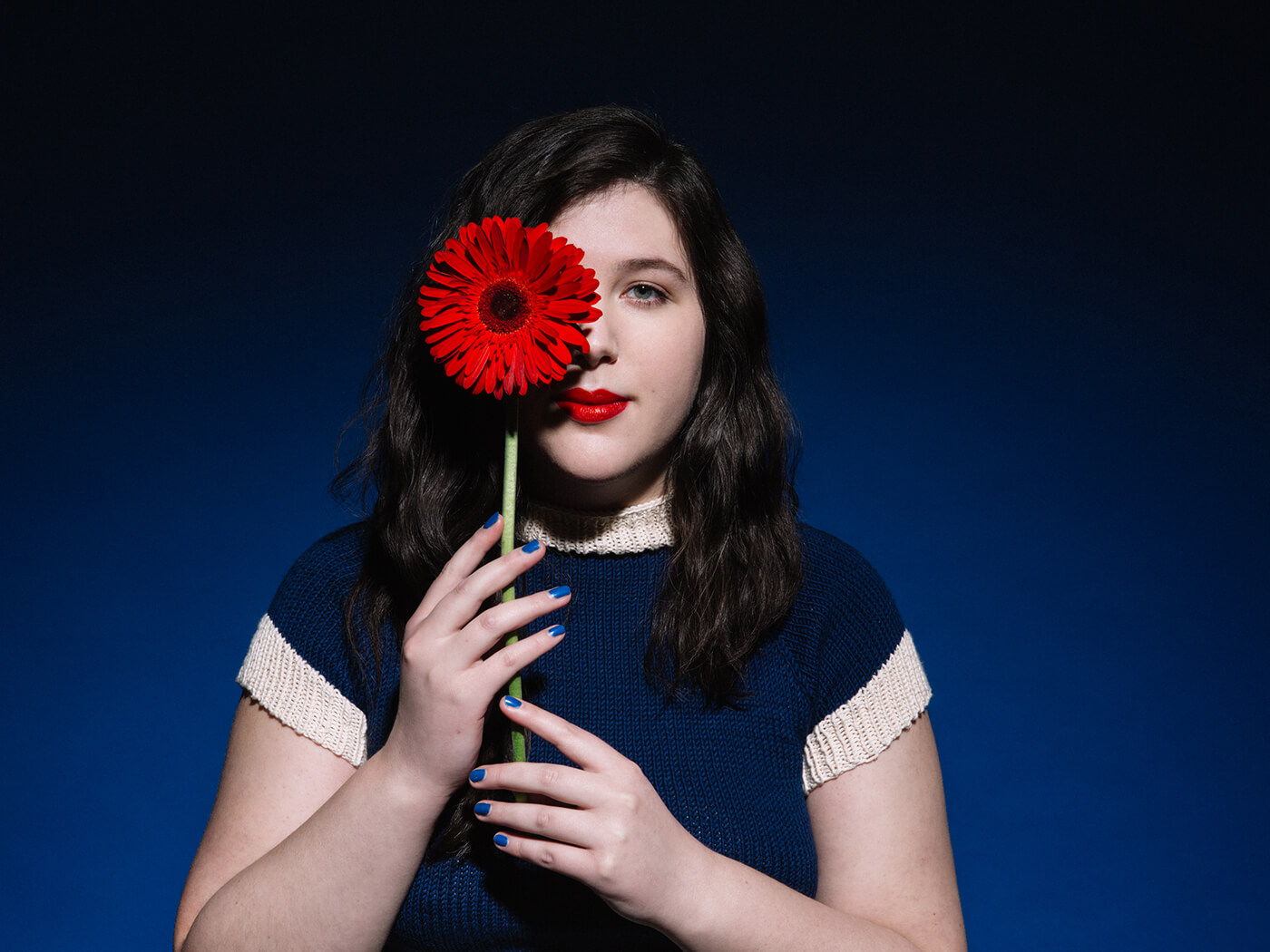
“Jacob is willing to go anywhere and can go anywhere. He’s got all the technique, but also the brain for good ideas. Working with Jacob and Colin for so long, we’ve developed a language where we understand each other. In the studio, it’s like ‘yes, yes, go, do this’, our tastes are the same.”
This time round, Dacus let her co-guitarist enjoy the spotlight, contributing only “four guitar parts on the record” herself. Despite playing the instrument since childhood when she first picked up a $100 three-quarter sized Ibanez and later an Epiphone Sheraton II, she suffers excruciating pain in her hands, so limits herself to live shows and writing.
“I hardly pick up the guitar,” she reveals. “I have this love/hate relationship with it. My hands physically hurt, I don’t know whether I have arthritis but if I play for too long I get sharp pain between my knuckles. But I’ve been writing a lot on this half-size nylon-string acoustic that was, like, $100. It’s easy to write on because I feel like I don’t have to impress it.”
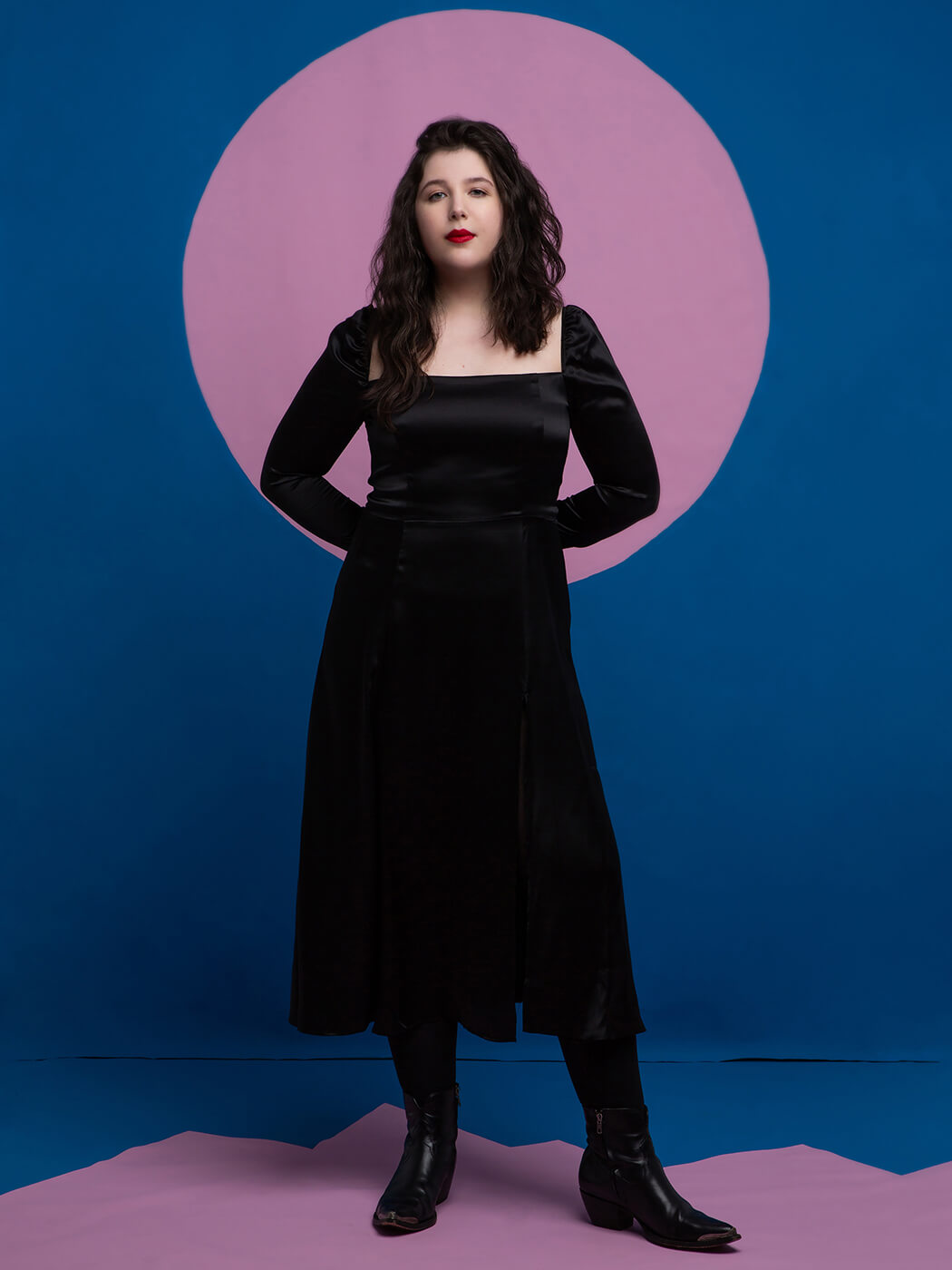
Modest to a fault about her playing, Dacus is equally self-deprecating concerning her role in Boygenius, the band she shares with friends Julien Baker and Phoebe Bridgers. The trio released a stellar six-track EP in 2018 that showcases their complementary vocal and guitar talents, and Baker and Bridgers feature twice on Home Video, joining Dacus in an aching three-part harmony on Please Stay and bursting into laughter and applause at the end of Going Going Gone.
“Julien and Phoebe are both better guitarists than me,” says Dacus. “I have the least to offer. For me, guitar is a functional thing. I do open tunings and write with it and I like not knowing what I’m playing because I have to search on the fretboard for the sounds in my head.
“We’re the biggest Boygenius fans. We just want excuses to hang out and make spaces for each other in our lives”
“Phoebe is a great guitar player with really good tone, but also keeps her parts pretty simple. Julien prides herself on being a very good guitarist and I feel she enjoys guitar more than singing and being a frontperson. It’s nice that we’re all at different levels and serve different purposes. We also all have a similar sense of humour. When we think something’s funny on guitar and it makes us laugh, there’s a good chance we’ll keep it on a recording because we don’t want to take ourselves too seriously.”
With all three members releasing albums in the last 12 months, individual touring commitments may make a full-length Boygenius record impossible in 2021, but Dacus says they’re open to reconvening when time allows.
“I guess there have been discussions, but there’s no plan. We text all the time about wanting to get together, we’re the biggest Boygenius fans. We’re all doing our own thing right now, but who’s to say if we’ll regroup.
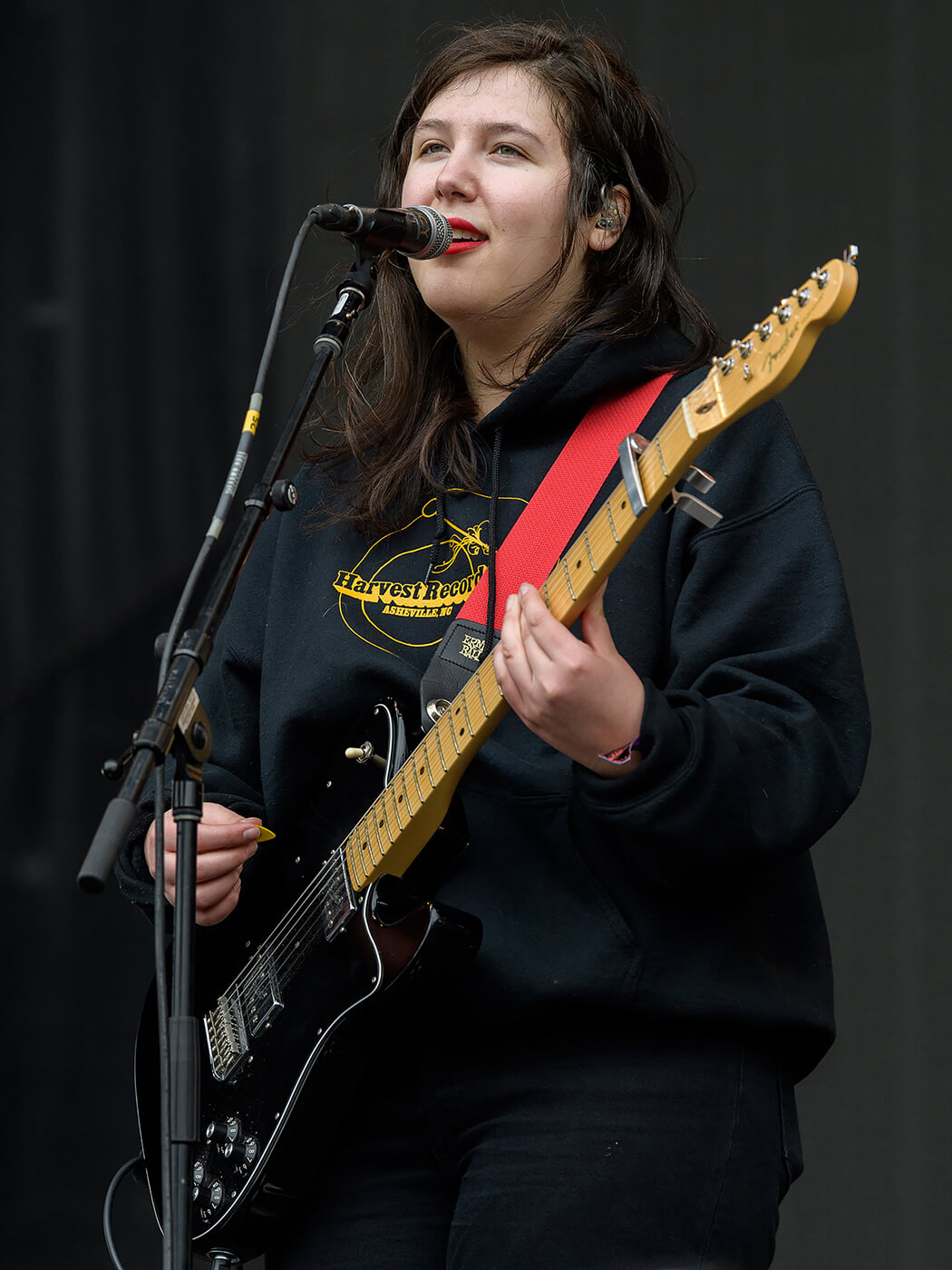
“We just want excuses to hang out and make spaces for each other in our lives and our work. I don’t know if we’ll do that forever, but Please Stay wouldn’t have been what it is without them.”
Before any thoughts of a Boygenius reunion, Dacus has live dates in the US that will keep her busy throughout the autumn, while Covid has granted her the unusual perspective of nearly two years’ reflection on Home Video before its release. She’s exorcised a lot of ghosts on her third album and, as she said back on Historian, she hopes the songs will begin to feel like covers in the coming years, their emotional sting drawn. Any pain she endured in stirring these memories has been rewarded with the most finely crafted, diverse and affecting record of her career to date, confirming her status as one of the most eloquent voices in alternative music.
“Somebody just pointed out to me, No Burden was for my family and friends,” she concludes. “Historian was kind of for other people, because I knew people were listening. Home Video feels like it’s for me. It was music that I made for myself. It’s fun to be able to share it, but it kind of already did its job by me completing it. I found out a lot about myself while I was making it.”
Home Video by Lucy Dacus is released on 25 June via Matador Records.
